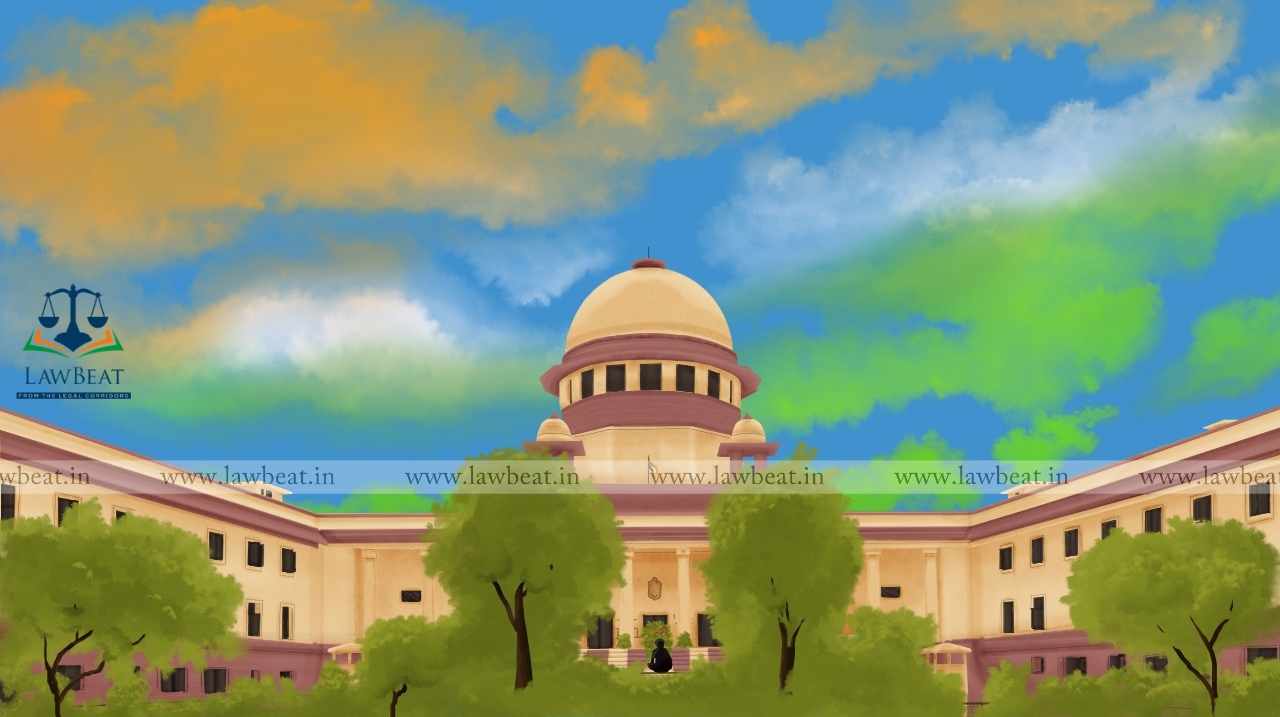Supreme Court expected to consider cases which shall define contours of power concerning Enforcement Directorate this week

The Supreme Court is expected to streamline the timeline for deciding issues relating to Enforcement Directorate's powers for taking on investigations, issuance of summons, carrying out arrests etc. and hear the cases which will affect a number of high profile cases concerning Money Laundering on July 30.
A bench of Justices AM Khanwilkar, Krishna Murari and V Ramasubramaniam on Monday took up for hearing, petitions concerning the Karti Chidambaram’s INX media case, Akali Dal minister Sarwan Phillaur's corruption case, e-Tender scam in Madhya Pradesh as well as the money laundering charges against diamond trader Ritesh Jain and others. The most recent case pertaining to the issue is that of former Home Minister of Maharashtra, Anil Deshmukh, who moved the Supreme Court on Sunday seeking protection from any coercive action in a money laundering case, after issuance of fresh summons demanding his presence on July 5 by the Enforcement Directorate.
The larger issue surrounding the above batch of plea's among 200 others are concerned with the interpretation of Prevention of Money Laundering Act as well which have been pending since 2014 before Top Court.
Solicitor General also informed Court that out of the cases, 82 cases were specifically by persons facing prosecution under PMLA, while 17 were under Companies Act and 27 under the Customs Act.
The Law officer formulated the following questions of law before Top Court viz. the PMLA:
1. Whether the offence under PMLA is cognizable or non-cognizable offence, particularly in view of the explanation inserted in 2019?
2. Whether the procedure contemplated under all provisions of Chapter 12 of the Criminal Procedure Code 1973 is required to be followed while commencing and continuing investigation under the prevention of money laundering act, 2002?
3. Whether the twin conditions for grant of bail as provided for in section 45 of the PMLA as it stands amended is unconstitutional? Whether the amendment takes away the basis of the judgment in 2018 and revives the twin conditions for the grant of bail?
4. In case it is held that the twin conditions stand revived, whether the judgment in 2018 holding that the twin conditions cannot apply to anticipatory bail, lays down the correct proposition of Law?
5. Whether the provisions concerning the burden of proof under PMLA violate fundamental rights of the accused person?
6. What are the contours of the offence under Section 3 of the PMLA? Does the explanation to Section 3 of PMLA (added by amendment in 2019) expand the meaning of the offence under Section 3, and if so is it permissible to do so?
7. Whether the filing of a chargesheet/complaint/FIR in the predicate offence is a prerequisite for an exercise of power of arrest under the PMLA? Can money laundering not be a standalone offence in the context of section 3 read with section 2(u) of PMLA?
8. Whether reliance on the statement recorded by the officers of the Enforcement Directorate during the investigation in judicial proceedings, violate article 20(3) of the Constitution and are inadmissible in light of Section 25 of Evidence Act?
9. Whether the provisions concerning attachment of property under the PMLA violates trh right to property under article 300A
10. Whether the PMLA can be applied to acts which occurred prior to the addition of the offence under the Schedule to the Act?
11. Whether a Writ Court can grant blanket ‘no coercive steps’ order without any factual foundation being pleaded/examined merely because constitutional validity of certain provisions have been challenged?
12. Whether the Sections 17 and 18 of PMLA as amended, relating to search and seizure are unconstitutional and void?
13. Is the power of arrest conferred under section 19 PMLA violative of articles 14 and 21 of the Constitution?
14. Whether the offence of Money laundering can continue after the predicate offence has taken place? Can the offence of money laundering be committed even if the predicate or scheduled offence was not a scheduled offence on the date when the scheduled offence was committed?
Case Title: Batch Petitions
